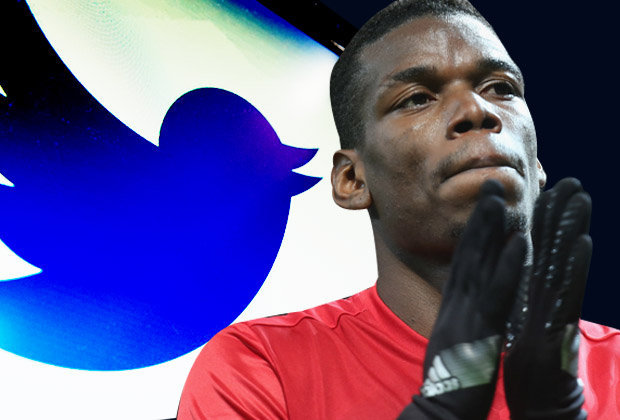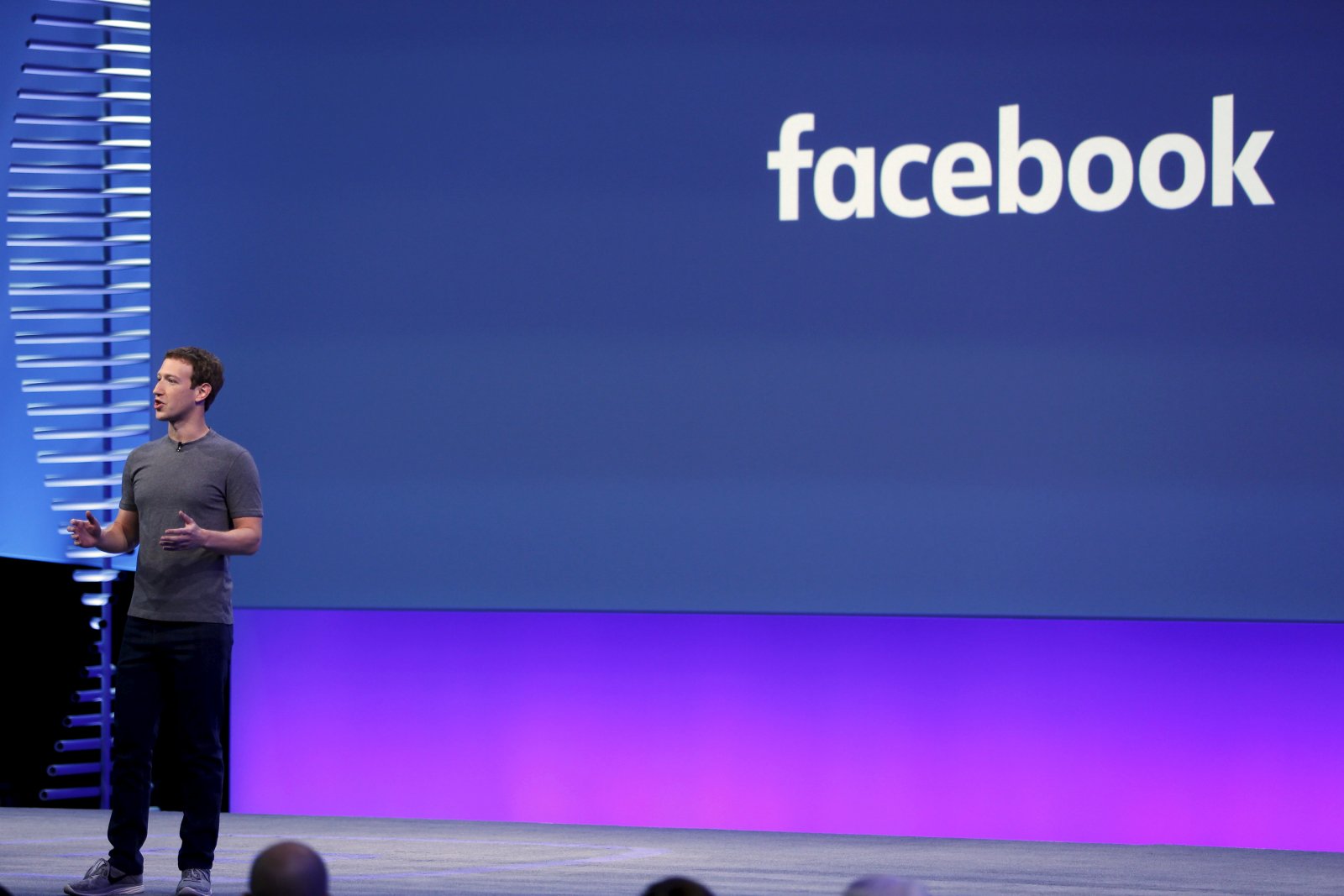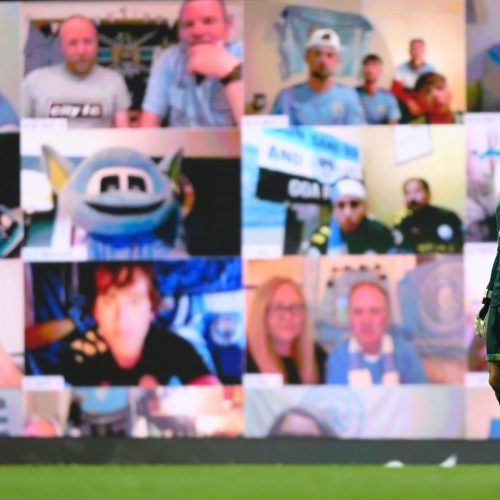Will the stagnation of Social Media platforms finally lead to a major shake-up?
For the last number of years, the four main social media platforms have been Facebook, Twitter, Instagram and Snapchat.
Short-lived efforts like Google Plus and Periscope – now under the Twitter banner – have come and gone as relevant entities, whilst YouTube is included in some lists of social media sites, but other than that the main players have all stayed at the top for a long time.
The status quo doesn’t look like changing anytime soon, either. Instagram is very much on the up, whilst Facebook may be stagnating, Snapchat is looking for new ways to stay relevant and Twitter has similar struggles, but by and large there aren’t any smaller entities waiting in the wings for a mistake. The order of the four may change, but the fact there are four doesn’t look like expanding.
It might decrease, however.
Snapchat’s latest TV ad presents the platform as a family-friendly app for photo-sharing – which isn’t how most of its core users see it. Much of Snapchat’s popularity comes from the fact that photos disappear, and that keeps things ephemeral. The rest is built on the fact that the app is impenetrable to adults: that’s important to teens, though perhaps Snap are betting on their users growing older with the app.
Either way, fundamentally changing the way that the platform works is probably a recipe for disaster. And yet it speaks to why social media sites are stagnating.
A decade ago, these sites were new-fangled and revolutionary. Not only did the change the way we lived our lives, but they also added a novelty factor to the everyday. There was a certain frisson attached to seeing a notification pop up on Twitter, or a like come in on Facebook or Instagram. These platforms were innovative, too: after a few years, not only could you connect with your friends and family all over the world, but strangers too. Indeed, brands, clubs, leagues and your favourite celebrities and athletes were no longer off limits.
For much of the public now, social media has become a buzzword for negative issues: Do we know how it affects our mental health? Do we know how our data is used? Are we able to tell the difference between truth and fiction any more?
And even when beyond those heavy subjects there is still a certain stagnation and boredom. When you log into any of the platforms you know what you’re going to get. Maybe an account will do something out of the ordinary by posting an interesting video or graphic, but by and large we’ve seen it all before and there’s not really much further we can go.
We also seem to have run into a routine and things have become stale. A growing number of football clubs are using new third-party apps to drive traffic away from social platforms and into new and more exciting places.
Any potential rise of virtual and augmented reality might change things as instead of living our lives through the veil of the smartphone screen – as social media is anything but ‘social’ – people look more and more for real experiences with other people. Longer-form video or audio like podcasts and documentaries might become ways in which people spend their time before chatting about it to their friends on messenger apps rather than scrolling endlessly through social media feeds.
Over the next month at Digital Sport we’re going to be taking a deeper look at social media. It’s a big topic, but as we approach the middle of 2018 it’s striking how little the landscape has changed in almost a decade. And yet in that time we’ve seen so much change in the world around us.
The big questions, then, are whether this is the beginning of the end for social media as we know it – or at least the advent of some sort of change? And alternatively, are we too entrenched in it at this point to get rid of it – and is that because it’s too important for brands and other large organisations?
Join us in Manchester on 24th April to talk about the rise of the next generation of sports fan and what the evolution of social media will mean for sport in the future.
About author
You might also like
Interview: Nielsen Sports’ Spencer Nolan Discusses Covid-19’s Impact on Sport Media Rights and the Commercial Sport Landscape
Digital Sport’s Rupert Pratt and Thomas Smith recently sat down with Nielsen Sports Managing Director for the UK & Ireland, Spencer Nolan, to discuss Covid-19’s impact on sport media rights
Snack Media acquire Facebook’s largest global sports publisher, GIVEMESPORT
Snack Media today announced that its acquisition of GIVEMESPORT will create one of the largest sports publishers in the UK, further strengthening its offering to advertisers, rights holders and independent media owners.
The seven essentials for achieving successful sports branding
By Daniela McVicker When it comes to sports, great branding is a must. Your brand influences how people see your company or team. It helps you to forge connections with









